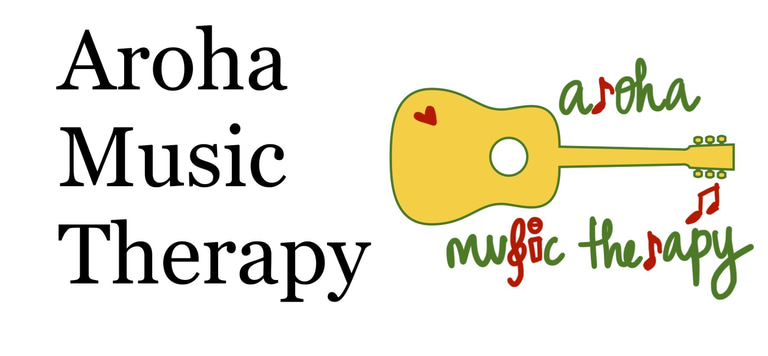From Burnout to Balance: How I Rebuilt My Music Therapy Career Through Private Practice
My first job as a music therapist left me exhausted and questioning my future. Today, I run a private music therapy practice built on balance, boundaries, and purpose. Here’s how I turned burnout into a sustainable, fulfilling career as a board-certified music therapist — and found joy in my work again.
10/15/20252 min read


In 2022, I began my first job as a board-certified music therapist (MT-BC) after earning my bachelor’s degree in music therapy with a minor in neuroscience. My role was with a private practice that served clients across the country, and I moved to Madison, Wisconsin, to start my career.
As a traveling music therapist, I drove daily to multiple facilities and clients’ homes to provide music therapy services for children, older adults, and people with a wide range of diagnoses. What I hadn’t realized at the time was how demanding — both physically and emotionally — this kind of work would be.
The Reality of My First Music Therapy Job
During my undergraduate studies, I learned that board-certified music therapists can take on many roles — from activities director to volunteer coordinator, or as clinicians in hospitals, schools, and private practices. Through practicum experiences, I practiced for one or two hours a week under supervision, which gave me a glimpse into what music therapy could look like.
But no class or practicum could have prepared me for the real-world demands of being a full-time traveling therapist.
Living in the center of Madison, I often drove anywhere from 25 to 90 minutes each way to see clients. I’d spend hours on the road, then lead back-to-back sessions for clients with complex needs. I used to drive to Illinois once a week for a group session! To make the drives bearable, I’d call my parents, partner, or brother — probably too often — just to have company on those long stretches of highway.
Each client required detailed documentation that took about 10 minutes per session. With about five clients per day (roughly 25 per week), plus 3–4 hours of daily driving, I had no time left during the week for paperwork. So, I’d spend my weekends catching up on documentation, working extra hours just to stay afloat.
I was burnt out, exhausted, and questioning whether I was cut out for a career I had once loved.
Building a More Sustainable Music Therapy Career
Fast forward to today — I now own my own private music therapy practice. My schedule looks completely different: I drive no more than 1.5 hours a day, see about 10 clients a week, and have a dedicated day for documentation and admin tasks.
More importantly, I’ve learned to set professional boundaries — around driving distance, the types of diagnoses I specialize in, and how many clients I can take on while still maintaining balance.
Owning my practice has allowed me to create a career that’s sustainable, flexible, and deeply fulfilling. I finally have the space to do my best work without sacrificing my health or personal life.
Finding Flow and Fulfillment Again
Now, I regularly experience that sense of flow — when you’re in the middle of a session and completely immersed in the music, the connection, and the healing process. Those moments remind me why I chose this field in the first place.
This is the most balanced and rewarding chapter of my career so far. I’m endlessly grateful that I get to do this work on my own terms — helping others through music, while also caring for myself.
